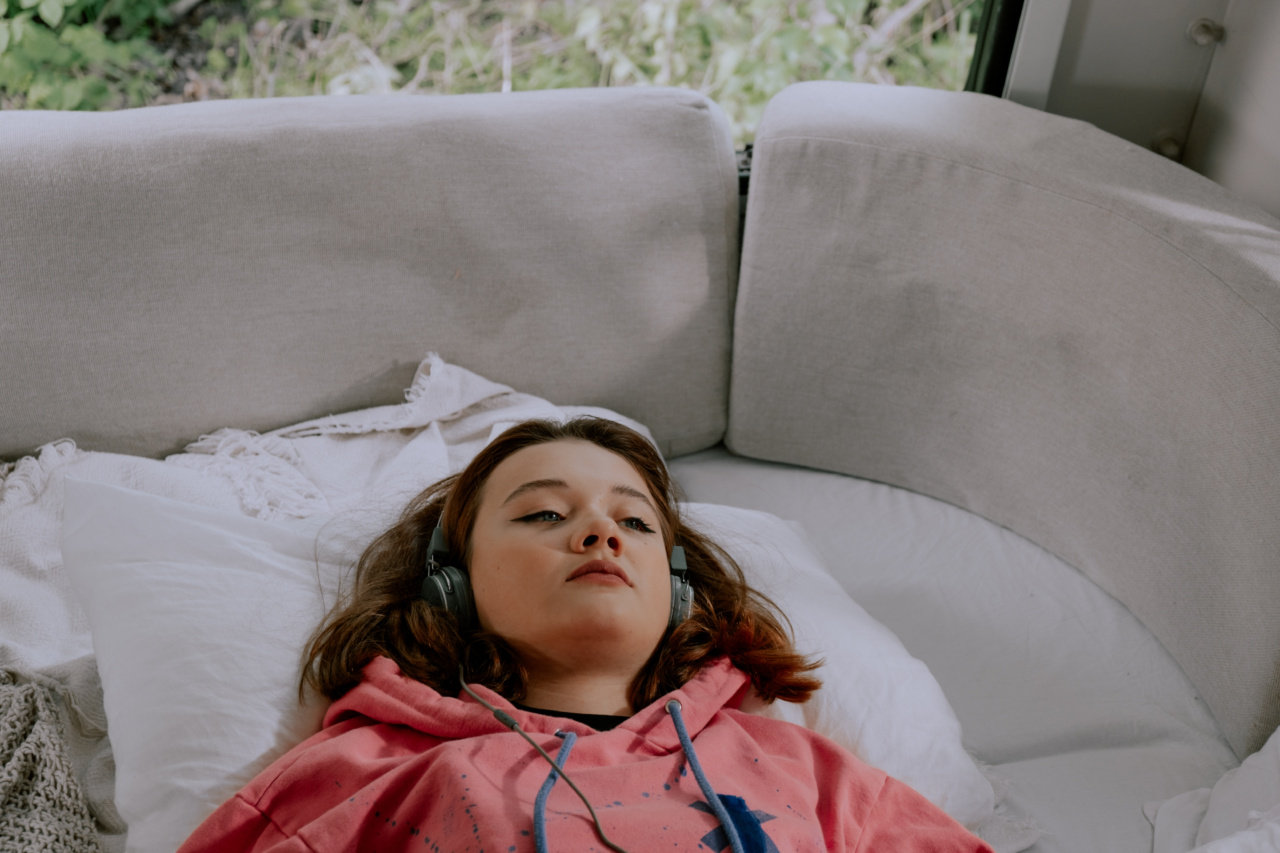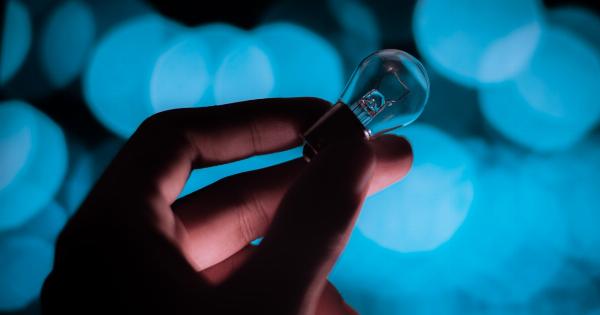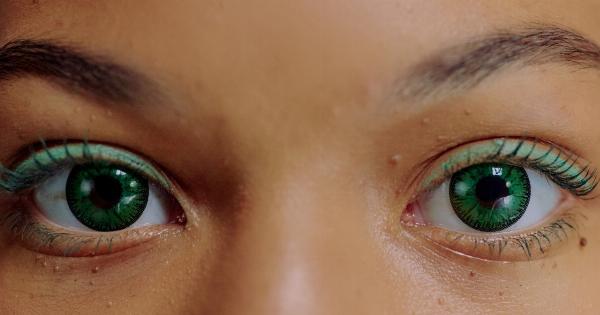Many people opt for contact lenses as an alternative to glasses. They are a great solution, providing clearer vision and better mobility, but they can be dangerous if not used properly.
One of the most significant risks of contact lenses is wearing them during sleep. This habit can lead to various issues, ranging from minor to severe. Here is everything you need to know about the dangers of wearing contact lenses during sleep.
1. Risk of corneal abrasions
When you blink, your eyelids act as a protective barrier for your eyes. They help keep your eyes hydrated, and they also prevent debris from entering your eyes. However, when you are asleep, you typically don’t blink.
If you wear contact lenses while sleeping, it increases the risk of foreign objects finding their way under the lens. This can cause corneal abrasions, which can be painful. Corneal abrasions can lead to various complications, including infections, if left untreated.
2. Risk of infections
Wearing contact lenses during sleep causes the debris, bacteria, and other pollutants to accumulate on the lens surface. It creates the perfect breeding ground for bacteria to thrive and grow, leading to infections.
Infections of the eyes can be quite severe, leading to symptoms like redness, swelling, and pain. If left untreated, it can even lead to vision loss and other complications.
3. Risk of inflammation
Medical professionals have reported that prolonged wear of contact lenses during sleep can cause a condition known as corneal neovascularization, which is the growth of new blood vessels in the cornea.
This condition is quite painful and can lead to inflammation of the eyes. The inflammation can cause redness, swelling, and other irritations in the eyes. If left untreated, it can also lead to other complications like corneal ulcers and blurred vision.
4. Risk of dry eyes
One of the most common side effects of wearing contact lenses is dry eyes. Wearing contact lenses for extended periods, including during sleep, can exacerbate the problem, leading to pain, redness, and itchy eyes.
This issue can be treated with eye drops and other medications, but it’s essential to stop wearing the lenses overnight to allow the eyes to heal.
5. Risk of decreased corneal oxygen supply
The cornea needs oxygen to remain healthy. When you wear contact lenses, they act as a barrier, preventing oxygen from reaching the cornea.
Wearing contact lenses during sleep exacerbates this problem, leading to decreased oxygen supply to the cornea, which can cause various complications. Lack of oxygen for an extended period can lead to severe damage, including vision loss.
6. Risk of contact lens intolerance
Wearing contact lenses during sleep can lead to a phenomenon known as contact lens intolerance. This condition occurs when the eyes no longer tolerate the contact lenses, leading to irritation, redness, and other complications.
If you start experiencing these symptoms, it’s best to remove the contact lenses and give your eyes some time to heal.
7. Risk of swelling and discomfort
Wearing contact lenses during sleep can cause the lenses to stick to the eyes, leading to discomfort and swelling of the eyelids. The eyes may become sore and red, increasing the risk of other conditions like pink eye.
If the swelling persists, it’s best to seek medical attention.
8. Risk of corneal ulcers
Corneal ulcers are a severe condition that can result from wearing contact lenses, especially during sleep. They occur when the cornea gets infected or inflamed, leading to a sore and painful spot on the eye.
The pain can be unbearable, and the condition can lead to vision loss if left untreated.
9. Risk of allergies
Wearing contact lenses during sleep can also exacerbate allergies in some people. It’s essential to remove the lenses before going to bed to allow the eyes to breathe.
Allergies can lead to various complications, including redness, itching, swelling, and other irritations.
10. Risk of contact lens mishaps
Wearing contact lenses during sleep increases the risk of misplacing the lenses, especially if you’re an active sleeper. The lenses can move to the back of the eyes, making it tough to retrieve them.
If this happens, you need to seek medical attention immediately to prevent damage to the eyes.
Conclusion
Wearing contact lenses during sleep can lead to various complications, ranging from minor to severe. The eyes need time to breathe and heal, and wearing contact lenses during sleep doesn’t allow that.
If you’re considering wearing contact lenses, it’s essential to talk to your doctor about the benefits and risks. It’s also essential to follow proper hygiene and wear the lenses only as instructed.































